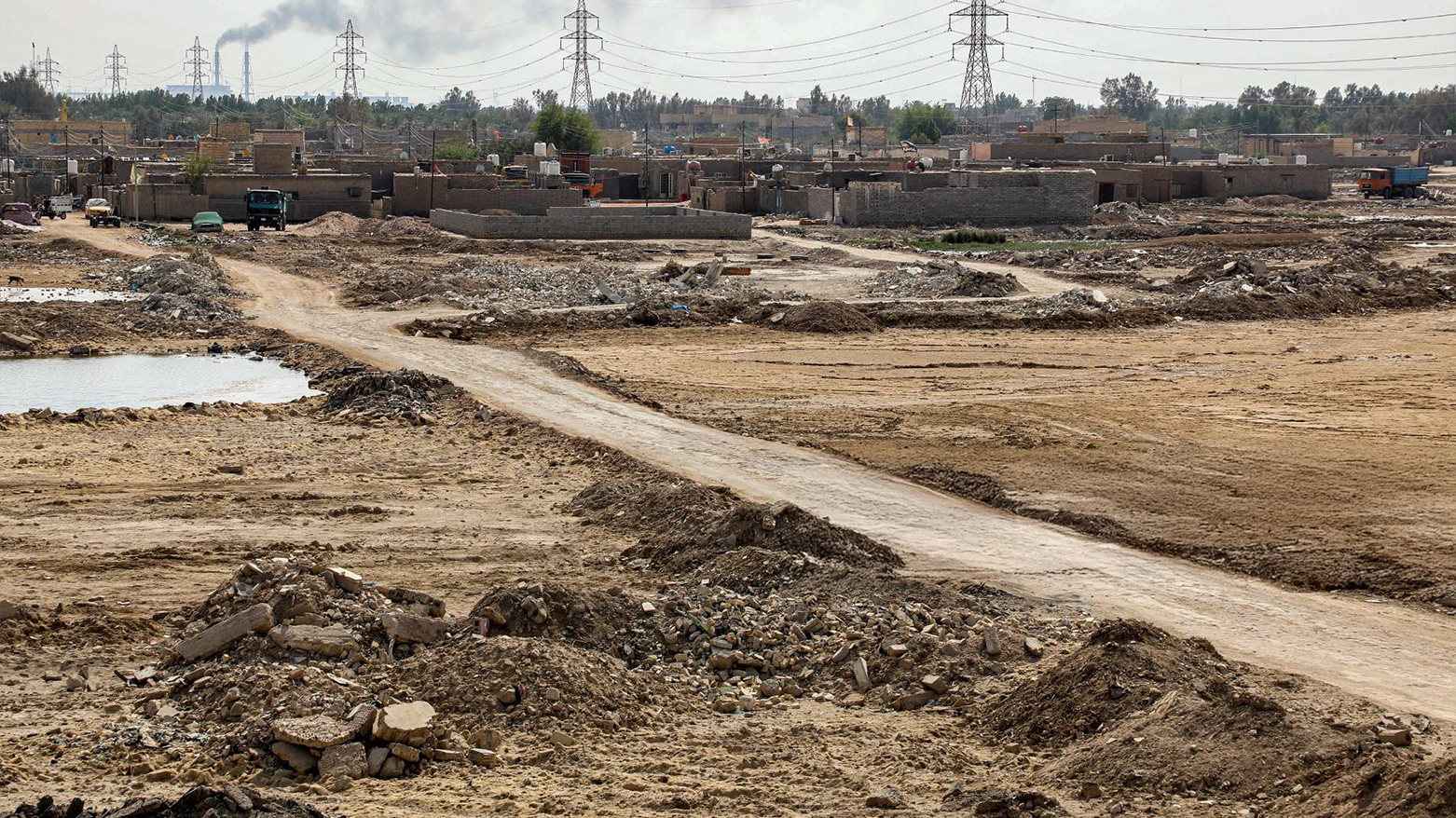Dhi Qar’s Mental Health Emergency: No Psychiatrists, More Suicides
Despite rising psychological distress, only four psychiatrists serve nearly two million people in the province, highlighting a mental healthcare crisis in southern Iraq.

ERBIL (Kurdistan24) – In Dhi Qar province, a growing mental health crisis is taking hold as suicide and drug addiction rates among youth have surged significantly.
Despite the alarming increase in psychological distress, the province has only four psychiatrists to serve a population of nearly two million people, raising urgent concerns over the state of mental healthcare in southern Iraq.
Residents and medical professionals have voiced frustration over the dire lack of mental health specialists in the province.
Abdul Hassan Niazi, head of the Dhi Qar Doctors' Syndicate, told Kurdistan24, "Currently, we have only four psychiatric consultants and two clinical doctors, which is severely inadequate. This shortage stems from the lack of specialists in this field. Very few doctors choose to study psychiatry because they prefer to have more interaction with the community. Nevertheless, we have established a psychiatry board department and have admitted new students."
However, this initiative is far from enough to meet the growing demand for mental health services.
A local resident expressed the community's concerns, stating, "We appeal to the relevant authorities in Dhi Qar province to place greater emphasis on appointing psychiatrists and to establish more mental health treatment centers, as there is currently only one center available."
Another resident echoed this plea, saying, "We request the Ministry of Health to send us more psychiatrists because the rates of suicide and drug addiction have significantly increased in Dhi Qar."
Rising Mental Health Cases and Lack of Resources
Against the backdrop of these healthcare deficiencies, the number of people seeking psychological treatment continues to grow.
According to available data, approximately 121 people visit medical centers in Dhi Qar each month for mental health treatment. However, with only one specialized mental health facility in the entire province, the burden on the existing healthcare infrastructure is overwhelming.
The province has been grappling with rising social and economic pressures, which have contributed to an increase in mental health disorders, addiction, and suicide cases.
The Iraqi government has previously acknowledged the country’s broader mental health crisis, yet Dhi Qar remains among the most underserved regions in terms of psychiatric care.
Medical professionals and residents alike urge the Iraqi Ministry of Health to intervene immediately by dispatching additional psychiatrists and expanding mental health treatment facilities. The demand for more specialized healthcare workers has never been higher, as Iraq continues to struggle with post-war trauma, economic hardships, and worsening social instability.
Mental health advocates argue that without immediate governmental action, the current crisis will only deepen, leading to higher suicide rates, worsening drug addiction problems, and a breakdown of social stability in the province.
